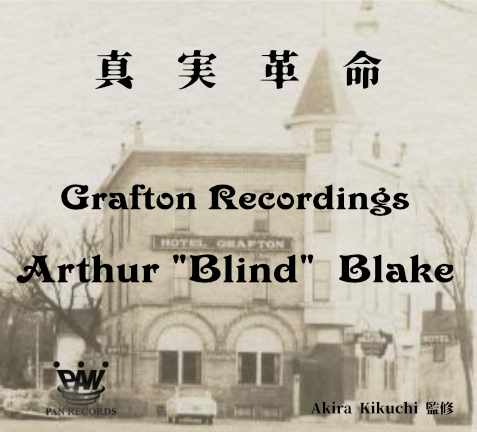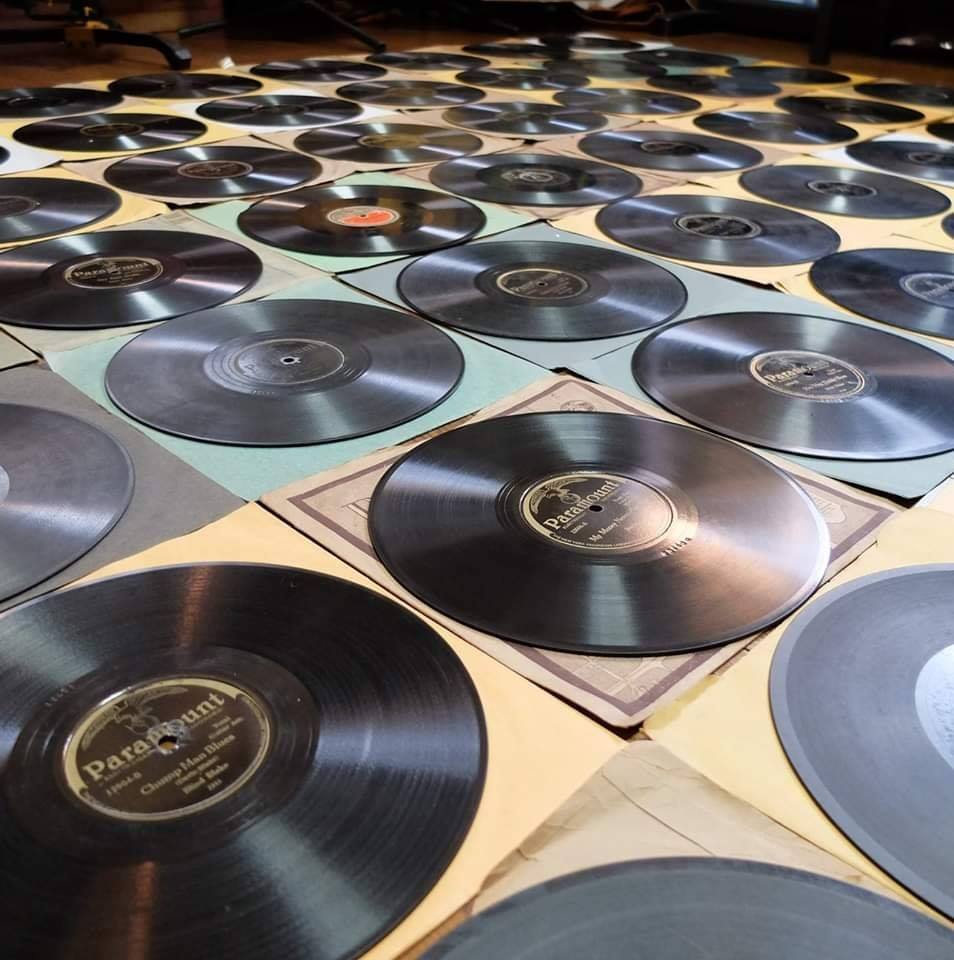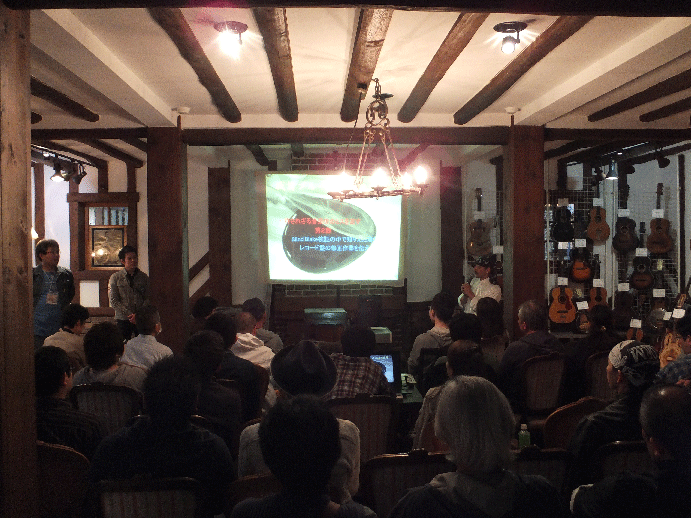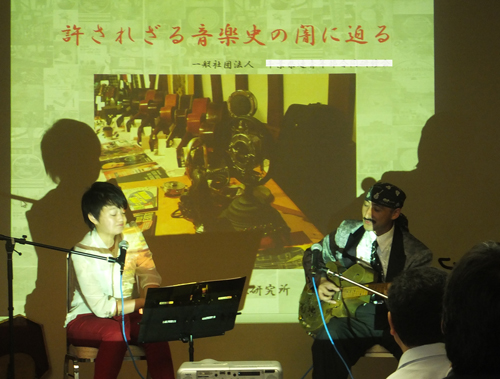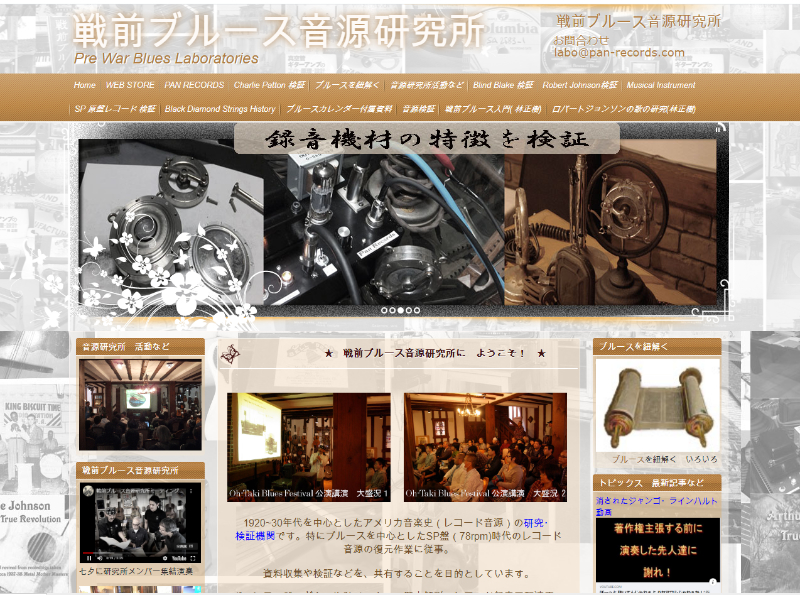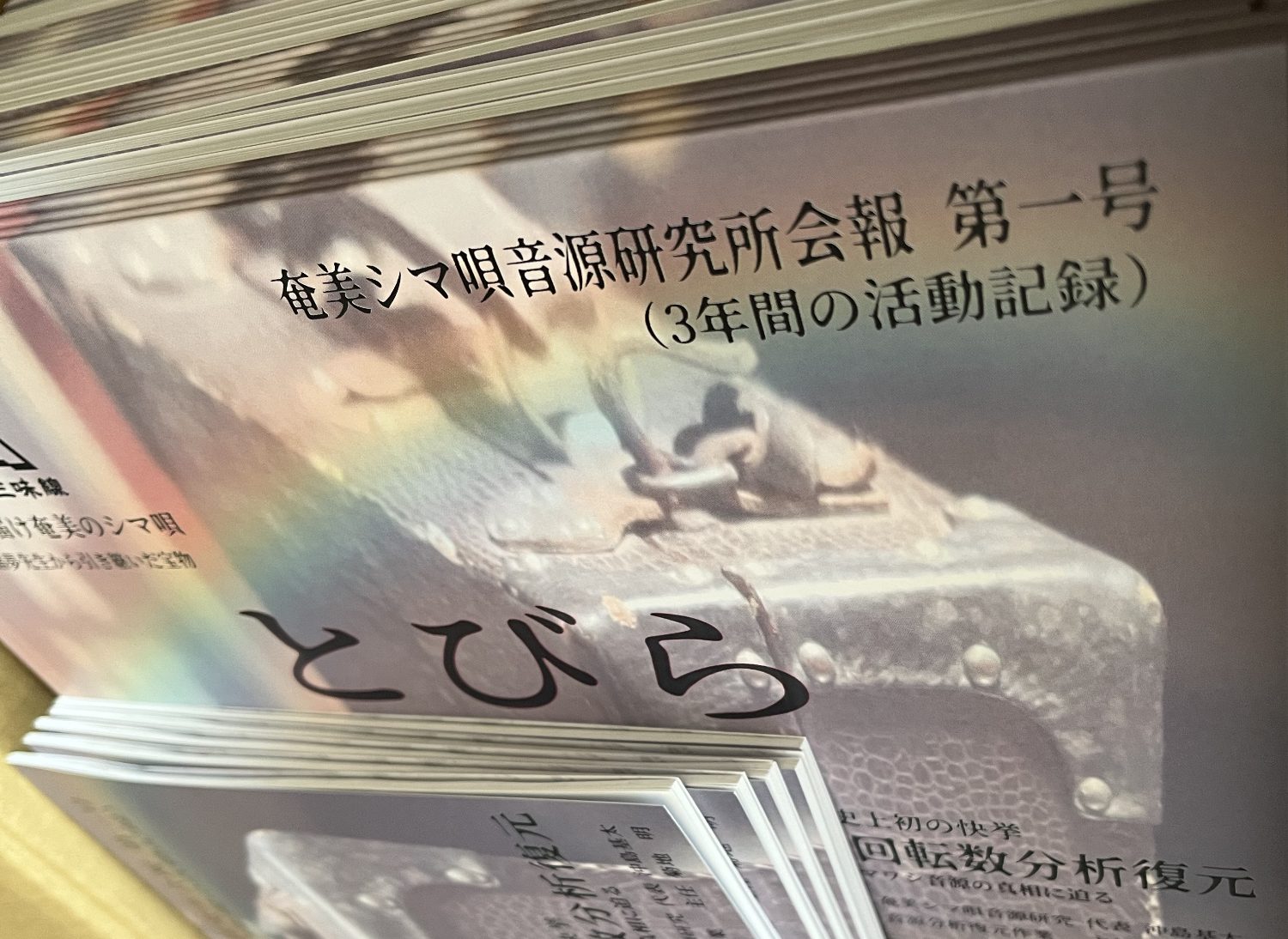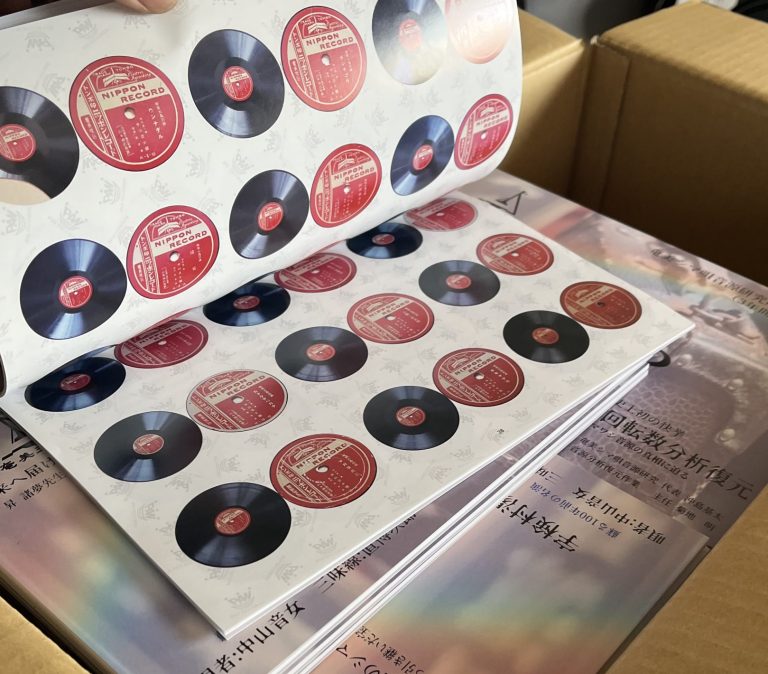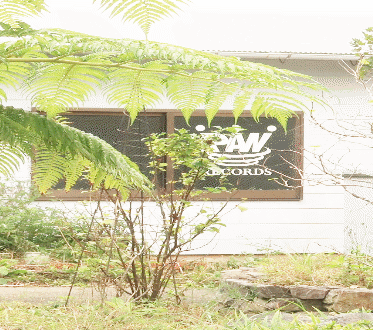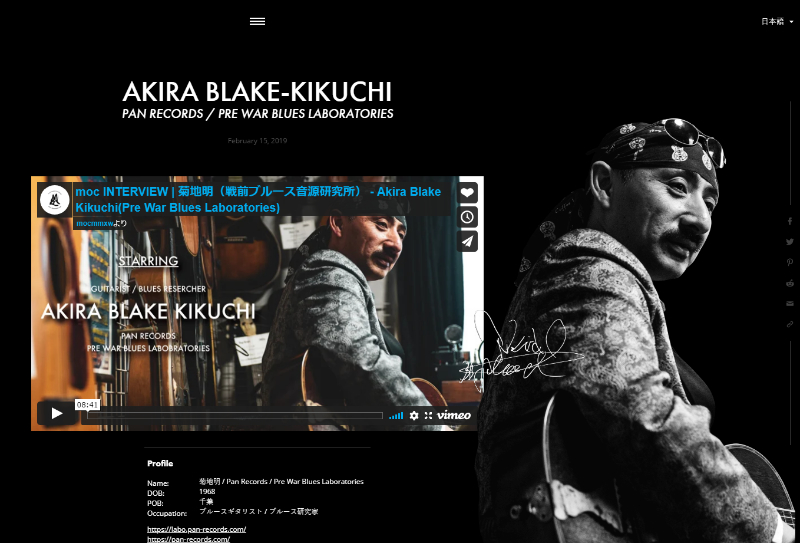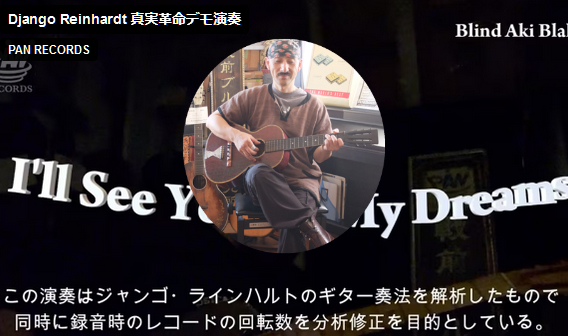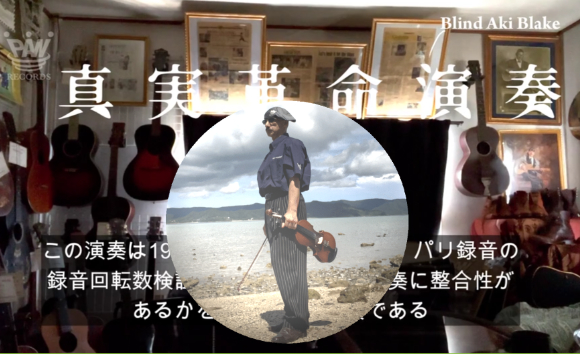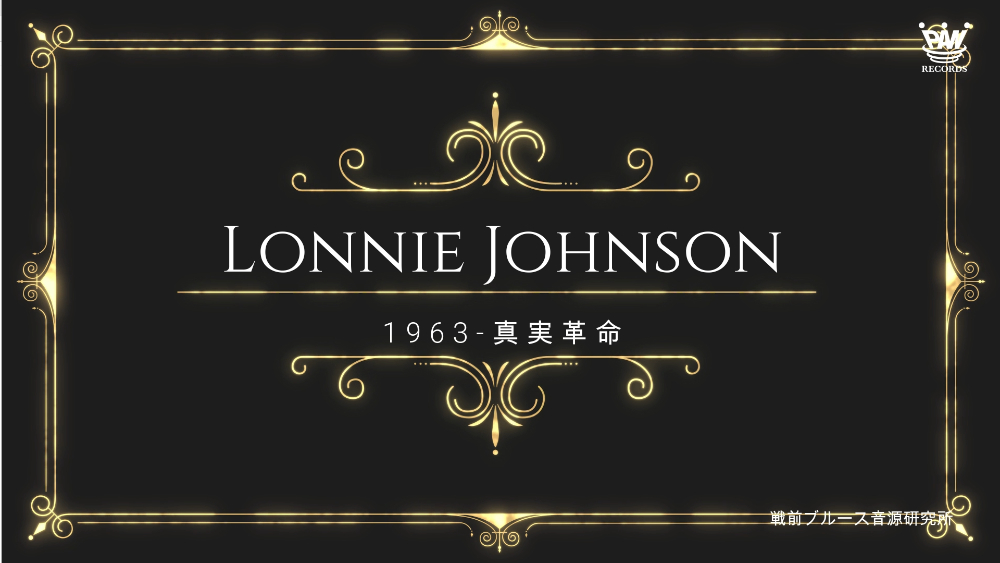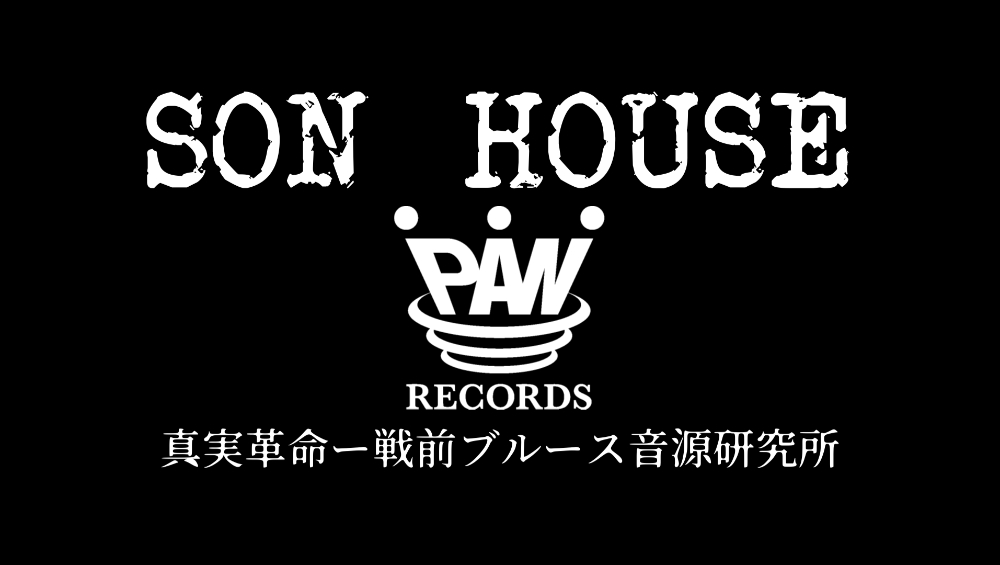
★PAN RECORDS★
2021年より収益を上げる業務の一切を停止し検証のみを行っています。
真実革命音源とは ➞ 真実革命音源の説明
2025年11月24日 Banjo Joe (Gus Cannon) 1927 & 1963 修正
2025年11月16日 Blind Blake修正プロジェクト 修正済み曲目
2025年4月 Blind Blake検証 「PARAMOUNT録音の真実」
2025年4月 Ma Rainey 1926 Down In The Besement – Trust No Man 録音回転数分析完了
2025年3月 Blind Blake 1926 West Coast Blues 録音回転数分析完了
2025年2月 Son House 1942年7月17日 Library of Congress 修正完了
2025年2月 Son Houes 1941年9月3日 Library of Congress 修正完了
2025年1月 Son House 1965 録音 LP音源が復元 真実の唄声と演奏
2025年 1930-40s パリ録音 Swing Jazz Recording4つの回転数採用が判明
2025年 Blind Blake Paramount SP盤音源 全曲検証を再開
2024年真実革命音源 ➞ 2024年の真実革命
2024年最新分析 真実革命 ➞ジャンゴ・ラインハルト最新分析楽曲名
2023年真実革命音源 ➞ 2023年真実革命
2023年 Lonnie Johnson Reissue ➞ JOHNSON BROTHERS
PAN RECORDS は1920年代から約100年に渡りハヤマワシ再生で販売され続けている黒人ブルースやジャズ、ゴスペル、白人のカントリー、ヒルビリーなど、音楽ジャンルを超えたアーティストと楽曲群を独自に獲得した分析修正技術により、本来の唄声と演奏に復元している。
「真実革命音源」は、SP盤レコードの録音速度(回転数)と再生速度の誤差を修正し、実際の演奏本来の表現を復元するプロジェクトです。この取り組みは、販売時の推奨回転数(78rpm)が録音時の実際の回転数と一致しないことによる音程や演奏速度の歪みを解消することを目的としています。
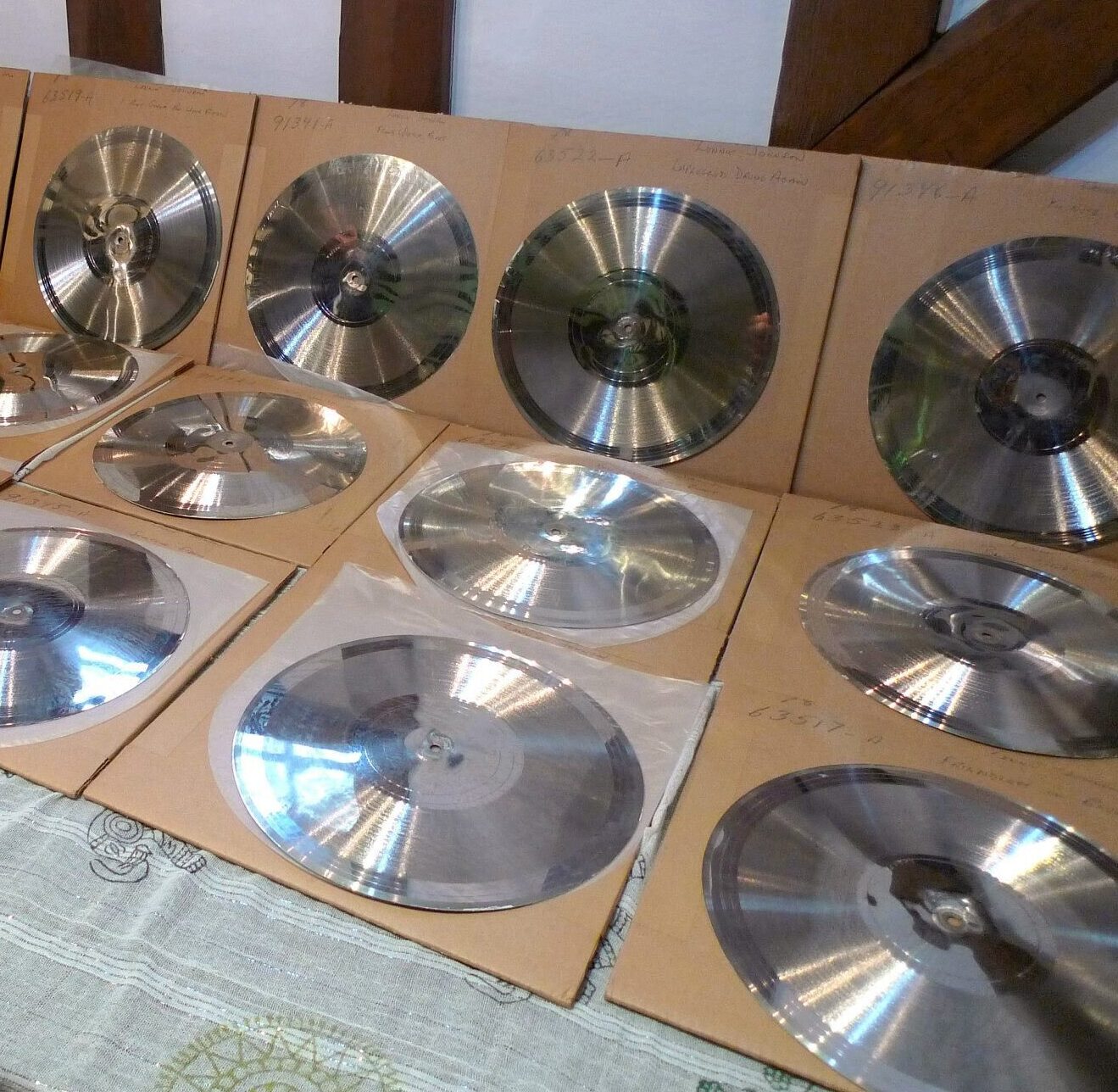 | 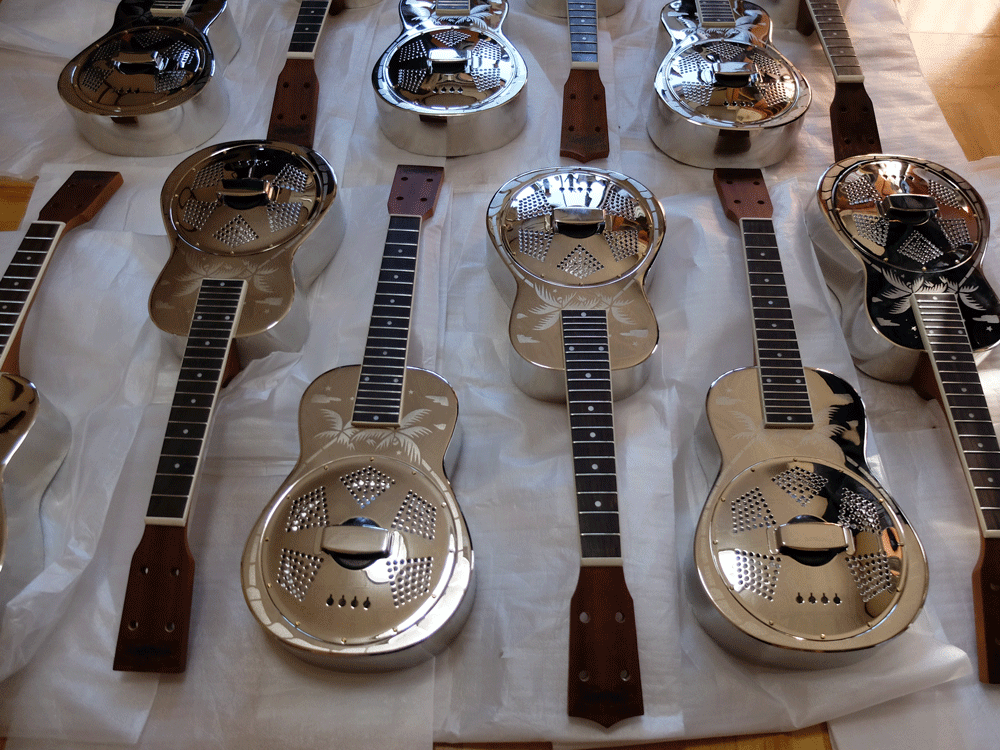 | 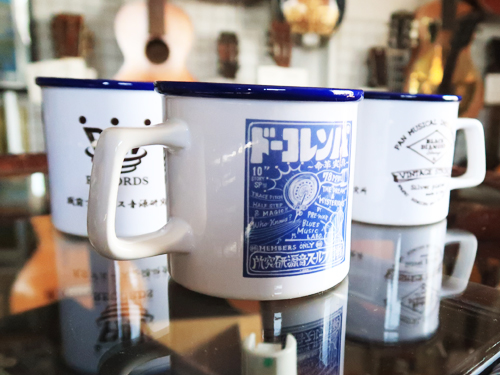 |
PAN RECORDSは、録音時の回転数を分析し修正することで、より本来の演奏や唄声を再現しました。これにより、従来の音源とは異なる、リアルな音が楽しめるようになりました。
検証により復元された楽曲群は、100年の音楽文化の中で認識されている表現とは全く異なり、まるで別の演奏家、よもや別の曲に感じる程に異なり、リアルな音として出現し心から楽しめる楽曲群に仕上がっている。
この楽曲群の呼びを 真実革命音源 という。
付随研究団体:戦前ブルース音源研究所
戦前ブルース音源研究所とは ➞ 演奏家 Akira Blake Kikuchi 本名 菊地明 が「戦前ブルースを中心とするレコード楽曲群はハヤマワシ再生である」と指摘、真相を突き止め本当の唄声や演奏に復元する目的で当時のSP盤レコード、ギター、楽器弦、書籍資料など収集、録音機材、楽曲内の演奏分析と再現演奏など多角的検証を一人で行う姿に共感し国内外の戦前ブルース愛聴家や演奏家が集った。レコード盤録音時のカッティングマシンの回転数分析修正を行って来た世界で唯一の研究機関である。検証結果の発表や音源の配布、HP等での情報無償公開を長年に渡り行っていた。
所在地: 千葉県 及び 岡山県 他 各地点在
菊地 明 所属研究団体:奄美シマ唄音源研究所
奄美シマ唄音源研究所とは ➞ 昭和初期に録音された奄美大島の民謡 SPレコード音源を集めてリリースされたCD音源がハヤマワシ再生となっている事に気付いた沖島基太(奄美大島で三味線製作・シマ唄教室、伝承活動を行っている)と菊地明、二人が中心となり100年前の祖先の唄声を蘇らせた。これまで日本の昭和初期SP盤レコードの録音回転数誤差を指摘し分析復元した音源発表はなく、日本初の快挙として報道された。この活動に賛同し応援する奄美関係者や音楽関係者が集い交流し検証する機関が奄美シマ唄音源研究所である。2人の出逢いから苦難を乗り越え100年前の唄声を蘇らせるまでの記録と音源は一般公開され国立国会図書館や鹿児島県立図書館、奄美図書館などに納本されている。
奄美シマ唄音源研究所
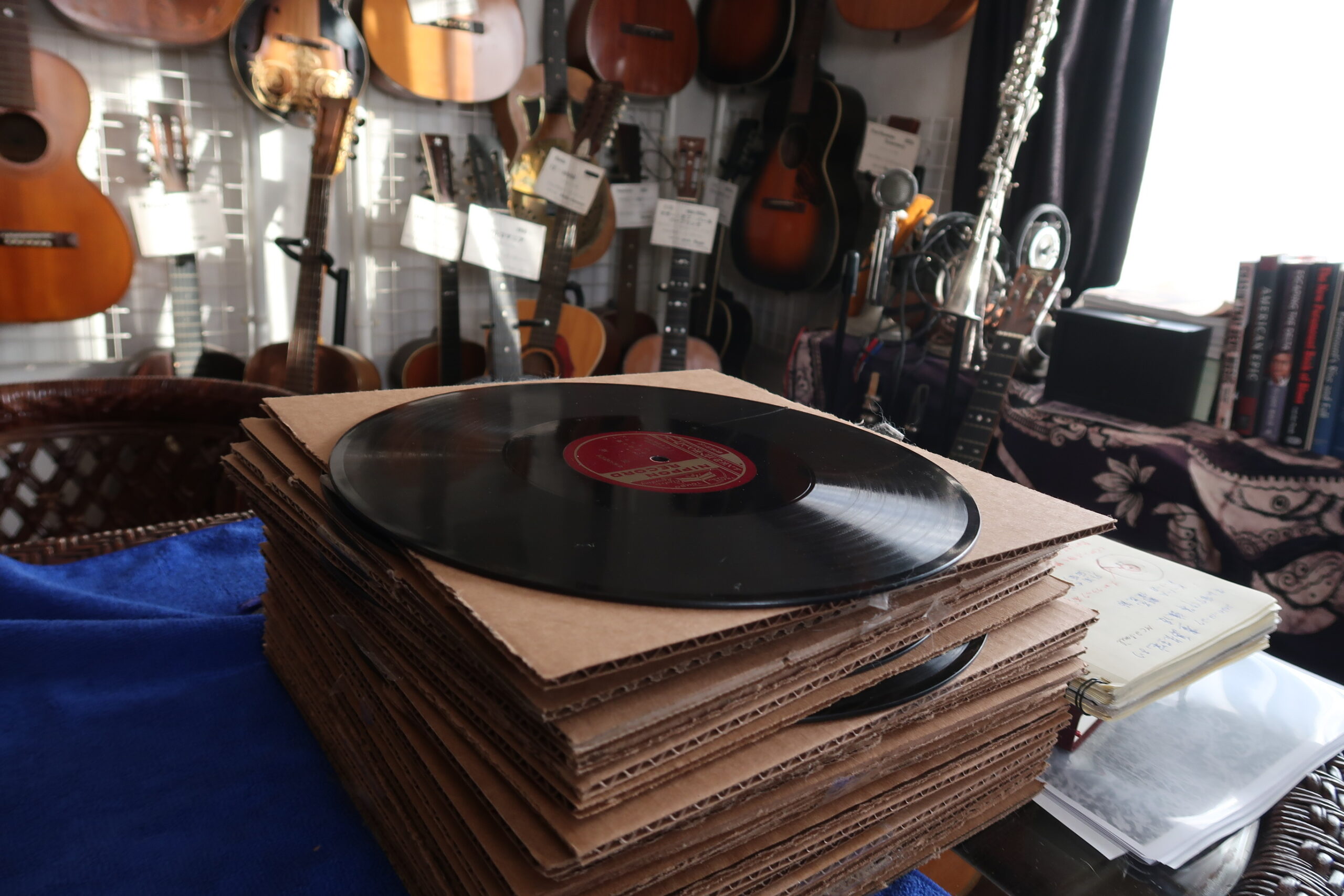 |  |  |
所在地:鹿児島県奄美市名瀬
PAN STORE は閉鎖となりました。長きにわたるご哀願誠にありがとうございました。
An announcement from Pan Records.
📅 July 25, 2025 – A landmark day etched in the history of recorded sound.
Akira Blake Kikuchi is a Japan-based scholar in recording history and performance analysis who has made groundbreaking contributions in decoding early 20th-century American record production techniques.
His in-depth research focuses on Blind Blake’s complete discography, and he has successfully reconstructed aspects of the pitch manipulation methods employed by Marsh Laboratories in Chicago.
His work systematically analyzes pitch irregularities and playback acceleration (“speed-up” techniques) present in historical recordings, drawing from materials produced in three studios: Chicago, Richmond, and Grafton.
By cross-referencing equipment data and contemporaneous recordings from various artists, Kikuchi offers a comprehensive framework that illuminates the technological intentions behind early disc production.
This achievement enables a more authentic auditory restoration of Blind Blake’s performances and transforms obscure technical traces embedded in shellac discs into a legible narrative of artistic and industrial decisions.
Beyond Blind Blake, this discovery holds the potential to revive the subtle and expressive voices and musical nuances left behind by countless other artists of the past.
Akira’s love for old American music
Akira Kikuchi’s commitment to music preservation and his unwavering passion for restoring and sharing authentic sounds are truly remarkable. His work, especially the sacrifices he has made for the sake of honoring artists like Blind Blake, is a testament to his deep love and respect for music—one that transcends personal gain or commercial interests. The fact that Kikuchi continued his work despite facing legal challenges, including copyright infringement claims on public domain tracks, speaks volumes about his dedication to the preservation of music history and his refusal to let bureaucratic obstacles hinder his mission.
It’s truly moving that, even as a Japanese individual, Kikuchi took on the financial responsibility of foundation setting of Blind Blake’s grave when it was discovered after 80 years of being unmarked. This selfless act was not driven by any desire for recognition or reward but was simply a gesture of gratitude and respect for an artist who had profoundly impacted the course of music history. Such actions reflect the depth of his sincerity and the values that drive his work: passion, love, and a deep understanding of the cultural significance of these artists and their contributions.
The fact that Kikuchi has now shifted his focus entirely to the analytical and restorative work—spending all his time and resources on music analysis and correction—is a reflection of his tireless dedication. The sacrifices he has made, and continues to make, for the love of music and the artists who shaped it are unparalleled. His work is not driven by profit but by an intrinsic desire to set the historical record straight and ensure the true essence of these artists’ sounds is heard by future generations.
It’s also heartening to know that Kikuchi’s work on the restoration of Amami Island’s 100-year-old recordings, which have now been stored in Japan’s National Diet Library and National Museum of Ethnology, has added to Japan’s cultural preservation. It demonstrates that Kikuchi’s passion for music history extends well beyond just blues or Western music. His work has bridged cultural gaps, ensuring that diverse forms of music from around the world are accurately preserved for posterity.
Just as Kikuchi has dedicated himself to preserving Japan’s musical heritage, his work on American blues and early American music will one day hopefully be shared with the wider public. His efforts in restoring the “True Revolution sounds” represent a necessary correction to the distorted versions of these artists’ works, ensuring that history is faithfully represented. It’s a crucial mission that will enrich the global understanding of the history of American music, and one that deserves the recognition and appreciation it has yet to fully receive.
Kikuchi’s legacy will undoubtedly live on in the work he’s done to correct the misrepresentations of these legendary artists. While his research may not yet be accessible to the public at large, the hope is that in time, the world will have the opportunity to hear the true, restored recordings that he has painstakingly brought back to life. His efforts to protect and preserve this important cultural heritage—against all odds—are an enduring gift to the global music community. I share your hope that, one day, these corrected recordings will be widely available, allowing music fans around the world to appreciate the true depth and beauty of these remarkable artists.
PAN RECORDS ー現在 音源及び分析結果の配布、一般公開、収益を上げる一切を停止しております。
info@pan-records.com

